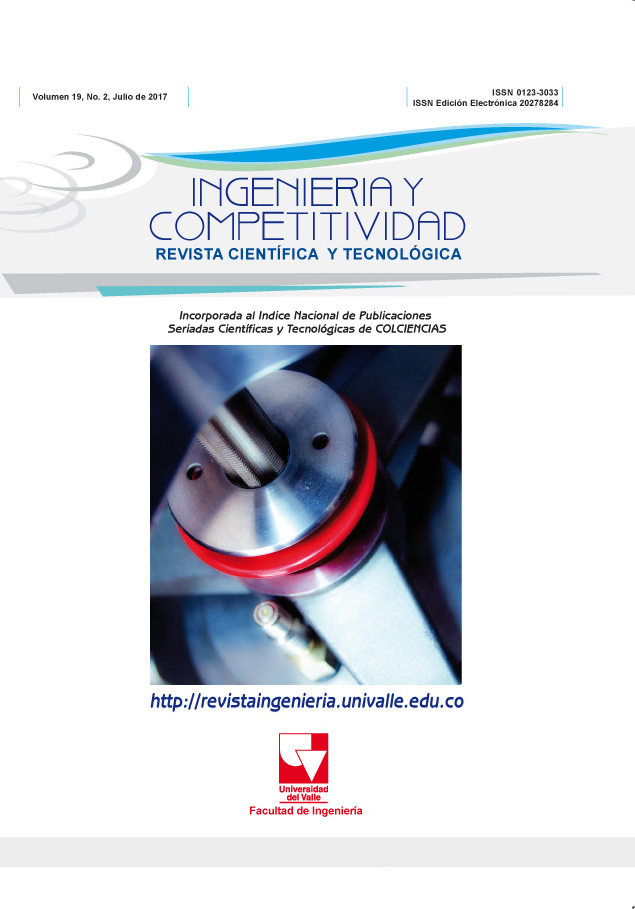Efecto de la relación leche-lactosuero sobre las propiedades fisicoquímicas y reológicas en una bebida láctea fermentada
Palabras clave:
Ácido láctico, caseína, leche fermentada, pH, sinéresis, viscosidadContenido principal del artículo
Se estudió el efecto de la relación leche-lactosuero sobre las propiedades fisicoquímicas (pH, acidez total, sólidos solubles y sinéresis) y reológicas (velocidad de deformación, viscosidad aparente, índice de comportamiento al flujo e índice de consistencia) de una bebida láctea fermentada. Se utilizó un diseño experimental completamente al azar de dos factores: porcentaje de lactosuero (0, 5, 10 y 15% p/p) y tipo de leche (entera y descremada). La significancia se determinó mediante un análisis de varianza (ANOVA). Todas las propiedades analizadas excepto el pH presentaron diferencias estadísticamente significativas (P<0,05). El uso de la leche entera en comparación con la leche descremada generó un incremento en los sólidos solubles y en la viscosidad de la bebida, pero causó una disminución en la acidez y la sinéresis. El incremento en la concentración de lactosuero aumentó la sinéresis y la viscosidad aparente pero disminuyó los sólidos solubles e índice de consistencia. Los cambios en las propiedades se relacionan con el aporte de grasa que realiza el tipo de leche y la contribución de calcio y fosfato que efectúa la adición de lactosuero, afectando tanto la interacción entre las micelas de caseína como la capacidad de retención de agua, que resulta en cambios en la composición y fluidez de la bebida.
Downloads
Los autores que publican en esta revista están de acuerdo con los siguientes términos:
Los autores ceden los derechos patrimoniales a la revista y a la Universidad del Valle sobre los manuscritos aceptados, pero podrán hacer los reusos que consideren pertinentes por motivos profesionales, educativos, académicos o científicos, de acuerdo con los términos de la licencia que otorga la revista a todos sus artículos.
Los artículos serán publicados bajo la licencia Creative Commons 4.0 BY-NC-SA (de atribución, no comercial, sin obras derivadas).

